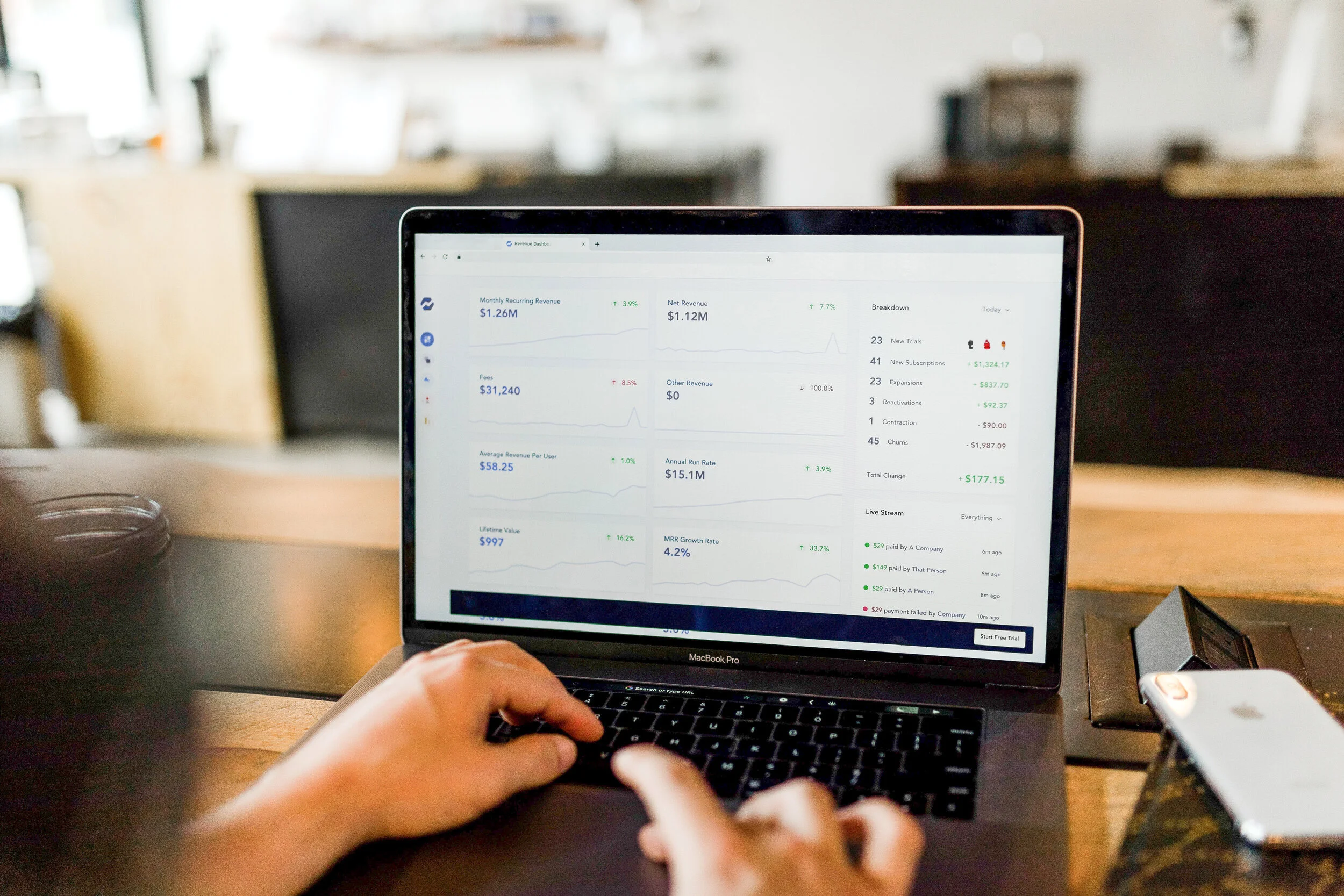Shortly after the end of your accounting year HM Revenue and Customs will send you a form called ‘A Notice to Deliver a Tax Return – CT603’ this is to inform you that a tax return is required for your company. This notice will state the dates that the tax return is due for and the date that it was issued.
Read MoreEvery year your company will be required to a submit a tax return to HM Revenue and Customs to declare the amount of tax due.
Read MoreThe payment of taxes should be made by the 31st of January following the end of the tax year that they relate to, this is regardless of when you file your tax return.
Read More
You will be required to file a tax return if you have income that is not currently being taxed and tax is due on that income.
Read MoreNow that you have looked at the accounts and raised queries as to how the numbers were derived and got the answers you wanted, what do you do next?
Read MoreThere are two formats that small companies can adapt when preparing each year. There is FRS 105 for micro-entities and FRS 102(1A) for small companies.
Read More
The accounts for a Limited Company are due nine months after the company year end. So, for instance if the company year-end is the 31st of December the accounts would be due on the 30th of September the following year.
Read More
In April 2019 HMRC introduced Making Tax Digital for VAT to the UK tax system. This meant that every vat registered business with a vat turnover above the vat registration threshold must now keep their vat records digitally and submit their vat returns to HMRC using compatible software.
Read More
When you are vat registered you will have an obligation to charge vat on your sales and then pay and submit vat at periodic intervals to HMRC.
Read More
If you wish to claim vat on any expense it is required that you have a valid vat receipt or invoice. The invoice should be in the name of your business and should have the vat number of the business that you buy from and a breakdown of the net, vat and gross totals of the amount that you have paid.
Read MoreVat is a taxed that is charged on the sale of goods and services in the UK and in the EU. There are currently vat rates of 20%, 5% ,0% and items that may classed as outside the scope of vat.
Read More
If you are going to be paying yourself and other employees from your Limited Company, you will need to register with HMRC as an employer to report the tax and national insurance that you deduct from the payroll.
Read MoreAt the end of each financial year for your company you will have to submit accounts and tax returns to Companies House and HM Revenue and Customs. These must be submitted with nine months of the company year end.
Read More
The most effective way to keep your accounting records would be to use online bookkeeping software such as Quickbooks, Xero or Freeagent. These can link to your bank account and bring in your transactions securely.
Read MoreYou will need to be vat registered if the sales that you make are more than £85,000 in a twelve-month period. At this point you will need to register for vat, charge vat on sales that you make and submit vat returns to HM Revenue and Customs
Read MoreIf you are going to be paying yourself and other employees from your Limited Company, you will need to register with HMRC as an employer to report the tax and national insurance that you deduct from the payroll.
Read MoreYour company is entitled to claim tax relief on the expenses that it pays whilst providing its services or selling its goods. The expenses will reduce the profits that it pays tax on and ultimately reduce the amount of tax payable.
Read MoreThe money that is in the company bank account belongs to the company, it does not belong to the directors or shareholders until it is paid out into a personal bank account.
Read MoreAs a company director you will pay yourself the basic salary above the national insurance threshold and the remaining will be taken in the form of dividends.
Read MoreStarting a company is a straight forward process, it takes on average about 2-3 hours to process and costs £12 when formed using the Companies House website.
Read More





